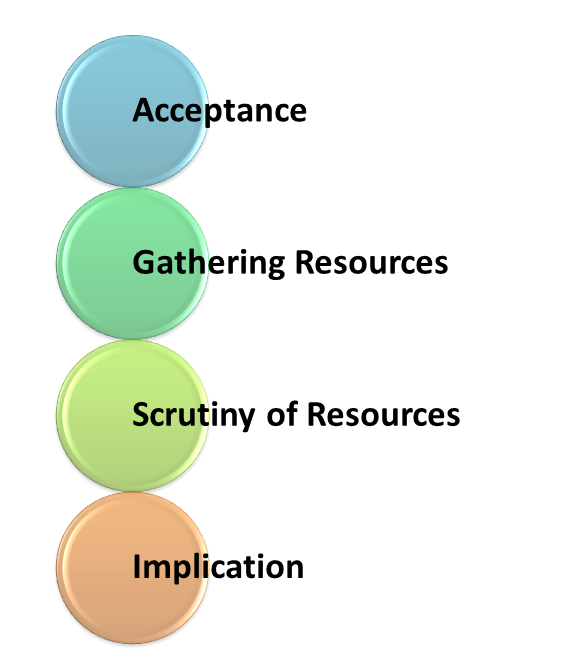HOW TO MAINTAIN WELL-BEING DURING THE PANDEMIC?
- ManoShala LLP
- Jul 13, 2021
- 2 min read

What is well-being? Is it limited to the absence of a diagnosed physical or mental ailment? Let’s throw light on the appropriate definition of well-being and how to maintain it in the much anticipated third wave of Covid-19.
Well-being is often regarded as a state of being completely happy, but it is not possible for an individual to be happy all the time. So, in contrast, it can be defined as the ability to deal with uncertainty by applying effective coping mechanisms and having full acceptability of a stressful situation. We often jump to finding solutions without completely accepting the situation to its reality. Only once we reach the state of acceptability, can we start gathering accurate resources to deal with the situation. After critically analysing the resources, comes the implication stage.

Emotional, physical, workplace, spiritual and social wellness are all important aspects of overall well-being. What changes can we bring during the third wave which would make the difficult journey easier to travel?
| PSYCHOLOGICAL
Mindful of our surroundings — Practice relaxation techniques (deep breathing, guided meditation, yoga).
Gratitude journal — Let us acknowledge what we have. Write down/ Thank the universe for one or more things that you are grateful for every day.
Automatic thought diary –Your thoughts are the roots of your feelings, understand your thoughts, write down the events and emotions attached to it, refer to ‘The inside-out of emotions’.
Time for self-love — Give yourself timely breaks and invest time in activities that bring you joy.
Appropriately communicate fear — It’s okay to feel afraid and be vocal with people you trust or mental health professionals.
| PHYSIOLOGICAL
Eating habits — Avoid binge eating or fasting for long periods and intake of addictive substances such as nicotine, alcohol and caffeine.
Develop a schedule — Make a schedule based on your priority. Make sure that the plan is practical and achievable with adequate breaks.
Sleep hygiene — Replace negative sleeping habits (caffeine consumption or binge-watching) with helpful ones (meditation or reading a book).
Adequate Information — Avoid feeding on and spreading negative news. Consume only necessary and authentic information.
Try to entertain others — It is easy to sit in your room all day working. Try to listen and help people around you. It will not only reduce their workload but also make us happier.
It’s important that we take charge of our thoughts and emotions. Our thoughts can either contribute to our illness or help us fight against it. If at any time we are unable to do so, seek assistance from a mental health professional. At ManoShala we can find experts who can assist in starting a journey towards wellbeing. Please remember that there is no harm or shame in asking for assistance, that’s where the real work begins.
By Avani Vasani, Clinical Psychologist and Muskan Gupta, Psychologist

.png)
.png)

Comments